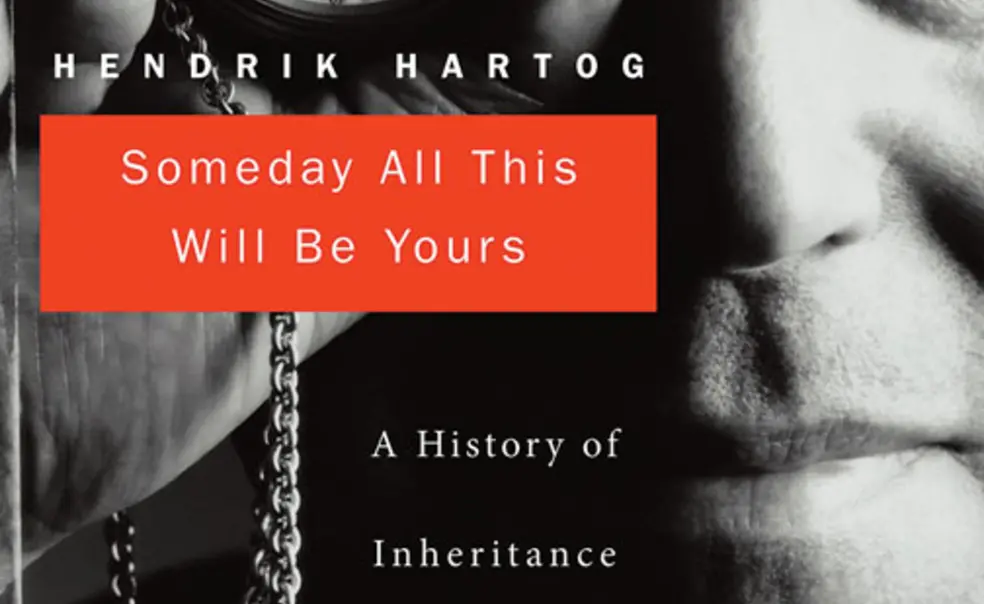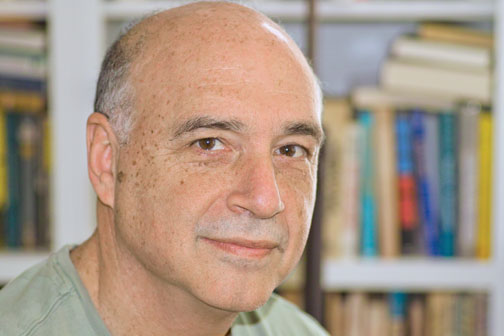Academic speeches follow a simple script: A professor presents his research, and colleagues critique it. Hendrik Hartog, a professor of legal history at Princeton, elicited more personal responses when he spoke to colleagues about his work on old age in America. After his presentations, Hartog says, “Everyone wants to tell me about their stories” of elderly relatives.
The research that generated those responses looks at how the care of the elderly was negotiated and paid for between 1850 and 1950, before the rise of Social Security and retirement communities. It is the topic of his new book, Someday All This Will Be Yours: A History of Inheritance and Old Age (Harvard University Press), which became “a very personal project,” Hartog says.
He began to delve into the topic in 2001, when he spent a month in Berkeley, Calif., with his then-90-year-old mother. “I was in this modern position of what it means to be a caretaker,” he says. He didn’t live with her or care directly for her, but he felt an obligation to see after her welfare.
Meanwhile, he was doing research on New Jersey property-law cases, and came across a case where a judge voided a will in which a woman gave her house to her two daughters rather than to the nephew who had lived with her for many years. The nephew and one of the woman’s daughters had suggested that she give her house to the nephew if he cared for her. She signed a will memorializing the bargain. Four years later, shortly before her death, the woman changed her will to give all of her property to her daughters. The judge found that the woman had made a legally binding promise to the nephew and rejected the revised will.
That case eventually led Hartog to find more than 200 similar New Jersey cases in which a caretaker and family members fought over who would inherit the property of an older person who had died. In the period Hartog studied, older Americans neither could assume that they would live with their children nor depend on Social Security, which didn’t become a dominant way of funding retirement until the 1950s. Instead, the elderly often secured care by promising to will their estates to their primary caretaker — which was often, but not always, a relative. But the law of trusts and estates allows a person to change a will regardless of promises made to prospective beneficiaries, and disgruntled family members often lobbied for such changes. Hartog’s study explores the familiar tensions revealed when those promises were challenged in court.
The resulting cases “are about love and hate in a situation where people are in intimate relations they cannot control,” Hartog says.
He was particularly moved by a case in which a caretaker broke down on the stand and said she loved the woman with whom she was charged. That could have been a damning admission, since it might have been evidence that the caretaker was motivated by affection rather than the promise of an inheritance. But the judge found for the caretaker and against the family members who were challenging the will.
Hartog found stories like these “deeply depressing” because of the familial conflict they reveal, he says, and he tried to convey their emotional quality in the book. As a result, he says, “People experience these stories as connected to their lives.”














No responses yet